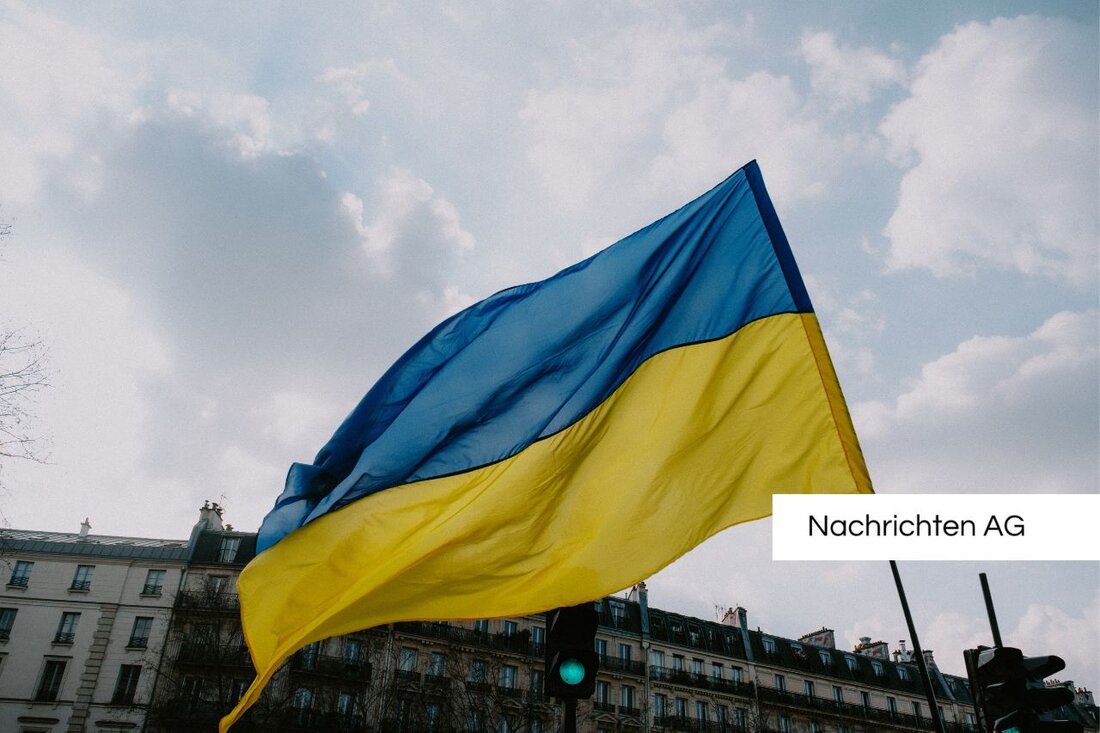ESC victory of JJ: ORF against financial challenge!
ESC victory of JJ: ORF against financial challenge!
Basel, Schweiz - A possible victory of JJ at the Eurovision Song Contest (ESC) On May 15, 2025, could have massive effects on the Austrian Radio ORF. ORF boss Roland Weissmann faces a major organizational and financial challenge, should Austria take part in the large European music event and thus act as a host next year. A victory would mean that the ORF would have to finance the event, which is up for discussion due to the high costs.
The ORF invested around 25 million euros in 2015 after the victory of Conchita Wurst, while the city of Vienna contributed 17 million euros. The net expenses for the ESC 2025 in Basel amount to 37.55 million euros, with the canton of Basel-Stadt supporting infrastructure and security. In comparison, Austria would probably have to expect even higher costs if you win.
financial worries and programs under pressure
In another victory, like the past year with the first ESC winner Nemo, who was the first non-born person to win the competition, the ORF in question of how they can continue to support other formats such as "Dancing Stars". The simultaneous production of both formats could significantly strain the ORF budget. In the event of a win, it would be possible that other programs would have to give way to make room for the extensive production of the ESC. Inflation and the current budget worries also tighten the situation.
The ESC is organized by the European Broadcasting Union, but competition has developed into a forum for political statements over the years. Many no longer consider the ESC just as a musical competition, but also as a mood barometer for the social -political atmosphere in Europe. The increasing visibility of queer artists, such as Conchita Wurst and the recent victory of Nemo, has significantly influenced social discourse. The visibility of the queer culture in competition is one aspect that should not be overlooked.
cultural diversity and social dimension
With almost 70 years of history, the ESC has taken a significant place in the European cultural landscape. Participants have now risen to 50 and the final and the semi -finals reached around 162 million viewers in 2023. Originally, the artists did not come from the countries themselves, but competed on behalf of national broadcasters. This shows how diverse and dynamically the competition has become over the years.
Technical innovations and creative stage designs have made the ESC a media spectacle that goes far beyond that only the musical contributions. The competition reflects socio-political developments, including historical events such as the Ukraine conflict. It becomes clear that the ESC, although it is an apolitical event, is actually an important echo for debates and changes in society.
In a time when the competition mobilizes both enthusiastic fans and critics, the question remains whether and how the ORF can deal with the increased expectations and costs that a victory would bring. The difficulties of the ORF could not only affect the financing of the ESC, but also on the entire program design of the station.
The ESC thus remains a fascinating spectacle that not only celebrates the cultural diversity of Europe, but also makes it clear how closely music and politics in today's world are connected. This makes it clear that the competition is more than just a stage for talents; It is a place where social issues and historical contexts overlap and hear.
kosmo.at reports that ...
Tagesschau.de found that ...
boell.de describes that ...
| Details | |
|---|---|
| Ort | Basel, Schweiz |
| Quellen | |


Kommentare (0)